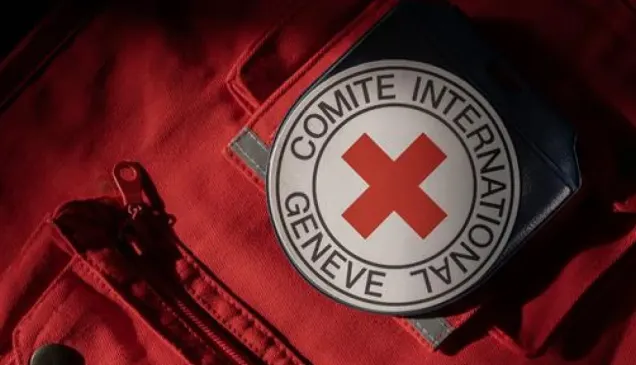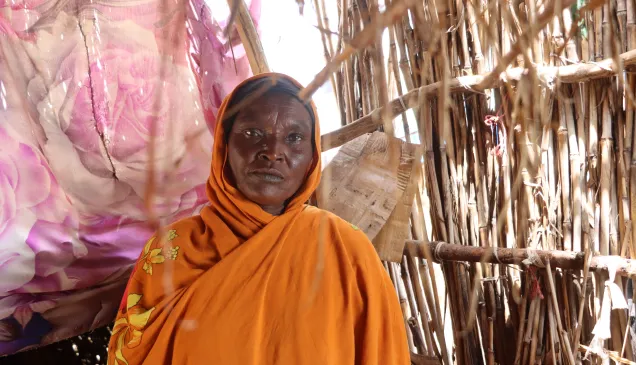A statement from the International Committee of the Red Cross on the Global Compact on Migration
Migrants are first and foremost human beings. The suffering experienced during a migratory trip or in countries of destination can be immense, raising serious humanitarian concerns. Family separation, lifelong trauma, abuse, exploitation, even death or disappearance are too often part of the journey.
These are among the reasons why the International Committee of the Red Cross (ICRC) urges States to adopt and implement the Global Compact on Migration.
We know that migration triggers fear and anxiety in societies. However, we believe the balanced and solid text found in the Global Compact on Migration brings solutions. It will help address the humanitarian dimension of migration while maintaining states' capacity to manage migration. If implemented, the ICRC believes that the Global Compact on Migration can contribute to strengthening the protection of migrants, reducing their vulnerabilities and upholding their rights.
The ICRC is ready to work with States in achieving some of the humanitarian objectives of the Compact. In particular, we are ready to help States avoid or bring solutions to family separation, to reduce the use of immigration detention and to ensure that all migration policies are respectful of international law.
While the interests of States must be preserved, the lives and dignity of millions of men, women and children who embark each year on perilous journeys must also be preserved; States must always comply with their existing obligations under international law.
During this very important debate on the issue of migration, the International Committee of the Red Cross has called on States to:
1) Commit to working together to prevent and address the plight of missing migrants and their families;
2) Avoid detaining people based solely on their immigration status, except as a measure of last resort, and fully commit to ending the immigration detention of children;
3) Respect their obligations under international law, in particular the principle of non-refoulement. Whether at borders, in transit or in destination countries,force may only be used as a measure of last resort and by respecting human rights standards.
The process of migration is as old as human society itself and will always continue. It is therefore in States' best interests to manage migration well and humanely.
For further information, please contact:
Marie-Servane Desjonquères, ICRC Geneva, tel: +962 7 7843 7401 or mdesjonqueres@icrc.org
Diana Santana, ICRC New York, tel: +1 917-455-9035 or dsantana@icrc.org



